The Maryanne S. Ritter Jewelers Blog
In Business Since 1905
15- and 30-Day Exchange Policies
Walk-Ins Welcome
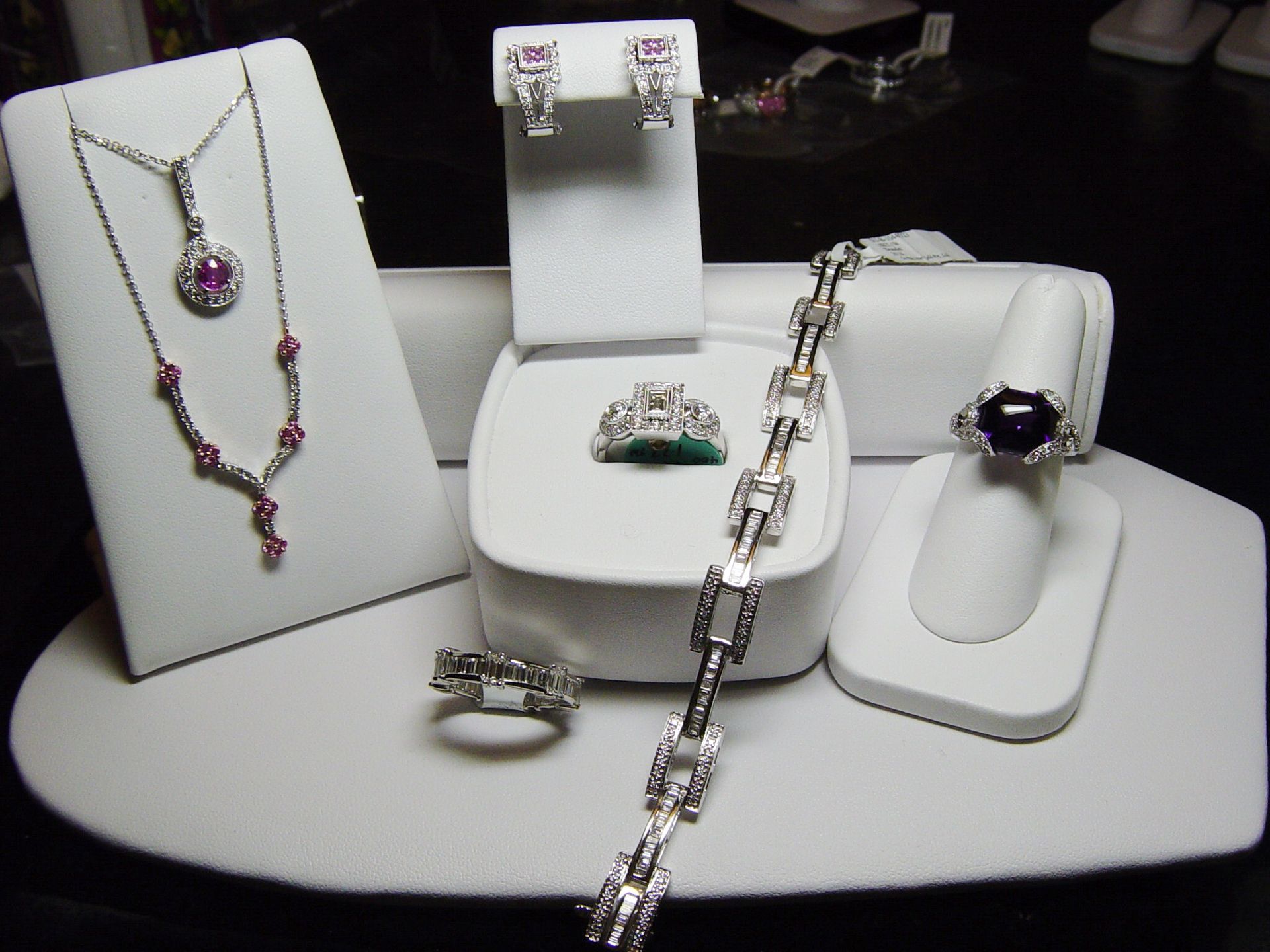
Diamonds have always symbolized love, luxury, and timeless elegance. In recent years, discussions about diamond purchases have increasingly included topics like ethical sourcing, sustainability, and personal values. While lab-grown diamonds have gained attention as a modern alternative, natural diamonds continue to hold unparalleled appeal due to their rarity, geological history, and enduring value. Whether you are shopping for engagement rings, anniversary gifts, or custom creations, understanding why natural diamonds are superior is essential when selecting women's diamond rings. Appreciating Natural Diamond Formation Natural diamonds are formed over billions of years deep within the Earth's mantle. Under immense heat and pressure, carbon atoms crystallize into one of the hardest known substances. These stones travel to the Earth's surface through volcanic eruptions, encased in kimberlite rock. Each diamond's geological journey is entirely unique, which contributes to its rarity, character, and intrinsic value. The slow, complex formation process gives natural diamonds distinct features — such as inclusions, subtle color variations, and internal patterns — that can't be replicated in a laboratory. These characteristics make natural diamonds truly one-of-a-kind, which is why they remain the preferred choice for high-quality women's diamond rings. Owning a natural diamond is like owning a piece of Earth's history, carrying a story that no lab-grown alternative can match. Valuing Lab-Grown Diamond Creation Lab-grown diamonds are manufactured using advanced technology that replicates natural processes. Methods like High Pressure High Temperature (HPHT) and Chemical Vapor Deposition (CVD) produce diamonds that are chemically and optically identical to natural stones. HPHT subjects carbon to intense heat and pressure, while CVD deposits carbon layers onto a substrate in a controlled environment. Although lab-grown diamonds can mimic the appearance of natural stones, they form in weeks or months rather than billions of years. While this offers affordability and availability, the lack of geological history and uniqueness makes them less desirable for those who want authenticity and long-lasting value in women's diamond rings. Recognizing Physical and Chemical Superiority Both natural and lab-grown diamonds share the same crystalline structure, hardness, and brilliance. However, natural diamonds carry inclusions and imperfections that reflect their natural formation, giving each gem a unique identity. Lab-grown diamonds, while often purer, lack these individual characteristics, making them less distinct. For buyers seeking women's diamond rings, the authenticity and provenance of natural diamonds provide a sense of rarity and individuality that lab-grown diamonds can't match. Each natural stone has a fingerprint of nature, making it a symbol of lasting beauty and sophistication. Observing Visual and Structural Uniqueness To the untrained eye, natural and lab-grown diamonds may appear similar, but natural diamonds possess subtle variations in color, internal patterns, and light reflection that create an incomparable allure. Lab-grown diamonds benefit from precision cutting and uniformity, but they can't replicate the organic artistry present in a natural gem. The visual distinction of natural diamonds ensures that every pair of women's diamond rings is visually unique, offering depth, character, and sparkle that evolves over time. These traits make natural diamonds a timeless choice for discerning buyers. Comparing Long-Term Investment Value Natural diamonds have a well-established record of retaining and even appreciating in value over time due to their rarity and historical significance. Lab-grown diamonds, by contrast, are newer to the market and lack the same long-term resale value. The scarcity of natural diamonds ensures that their worth endures, making them a sound investment for future generations. According to Forbes, more than 50% of independent stores and virtually every major retailer offer lab-grown diamonds, highlighting their growing market presence but also underscoring that they remain more common and less rare than natural stones. When selecting women's diamond rings, considering long-term value is critical. Natural diamonds offer not only beauty but also financial security and heritage that lab-grown alternatives can't provide. Evaluating Ethical Considerations Many buyers are drawn to lab-grown diamonds because of perceived ethical benefits. It's true that natural diamond mining can involve environmental impact and labor considerations; however, the modern natural diamond industry has made substantial strides in responsible sourcing. Certifications like the Kimberley Process and initiatives from major mining companies ensure that most natural diamonds are conflict-free and ethically mined. Moreover, the energy consumption associated with lab-grown diamonds is significant, often exceeding what is needed to responsibly mine natural stones. For women's diamond rings, choosing a certified natural diamond allows buyers to support sustainable practices while still enjoying a gem with historical and emotional significance. Appreciating Aesthetic and Technical Distinction The beauty of a diamond is defined by clarity, color, cut, and carat. While lab-grown diamonds can achieve fewer inclusions and precise color ranges, natural diamonds offer unique patterns and inclusions that enhance their individuality. These natural variations make each stone distinct, providing an emotional and visual depth that lab-grown diamonds can't replicate. Natural diamonds in women's diamond rings possess enduring beauty that transcends trends, giving wearers a gemstone that is both technically impressive and emotionally meaningful. Acknowledging Market Availability and Rarity Natural diamonds are limited by geology, making them inherently rare. Lab-grown diamonds, while widely available, lack the scarcity that gives natural diamonds their prestige. This rarity not only contributes to their intrinsic value but also makes them highly coveted in jewelry markets around the world. Women's diamond rings featuring natural stones are celebrated for this exclusivity. Owning a natural diamond is a statement of sophistication and taste, representing a gem whose presence is both rare and irreplaceable. Prioritizing Personal Values in Choice Choosing a diamond reflects personal priorities, including symbolism, tradition, and aesthetic preference. Lab-grown diamonds may appeal to buyers focused on affordability or environmental claims, but natural diamonds resonate with those who value rarity, historical significance, and timeless elegance. Natural diamonds embody continuity, legacy, and a connection to the planet's geological history. For women's diamond rings, selecting a natural diamond ensures that the piece reflects deep personal meaning and enduring style rather than short-term convenience. Enhancing Symbolic and Sentimental Meaning Diamonds symbolize love, commitment, and life milestones. Natural diamonds, with their billions-year history, convey enduring symbolism and tradition. Lab-grown diamonds, while modern and ethically framed, can't provide the same depth of history or emotional resonance. Couples and gift-givers choosing women's diamond rings will find that a natural diamond enhances the sentimental value of the occasion, offering a tangible connection to history and enduring devotion. Emphasizing Customization and Personal Expression Both natural and lab-grown diamonds can be customized with unique cuts, settings, and designs. However, natural diamonds offer singular characteristics that make each creation genuinely one-of-a-kind. Their variations in inclusions, color, and internal patterns allow jewelers to craft women's diamond rings with unmatched individuality and artistry. Natural diamonds empower buyers to express personal style while ensuring that their ring is an irreplaceable work of art — a lasting symbol of love and individuality. While lab-grown diamonds offer affordability, consistency, and ethical claims, natural diamonds remain unrivaled in beauty, rarity, history, and long-term value. Each natural diamond carries a story that stretches back billions of years, offering a level of authenticity and uniqueness that lab-grown alternatives can't match. Women's diamond rings featuring natural stones deliver emotional resonance, timeless elegance, and investment potential, making them the superior choice for buyers who seek more than just appearance. Natural diamonds represent history, rarity, and lasting significance. When you choose natural stones, you select not only a jewel but also a legacy that can be treasured for generations. Explore our exquisite collection of women's diamond rings at Maryanne S. Ritter Jewelers today, and let our expert team help you find the perfect stone that matches your style, values, and vision.

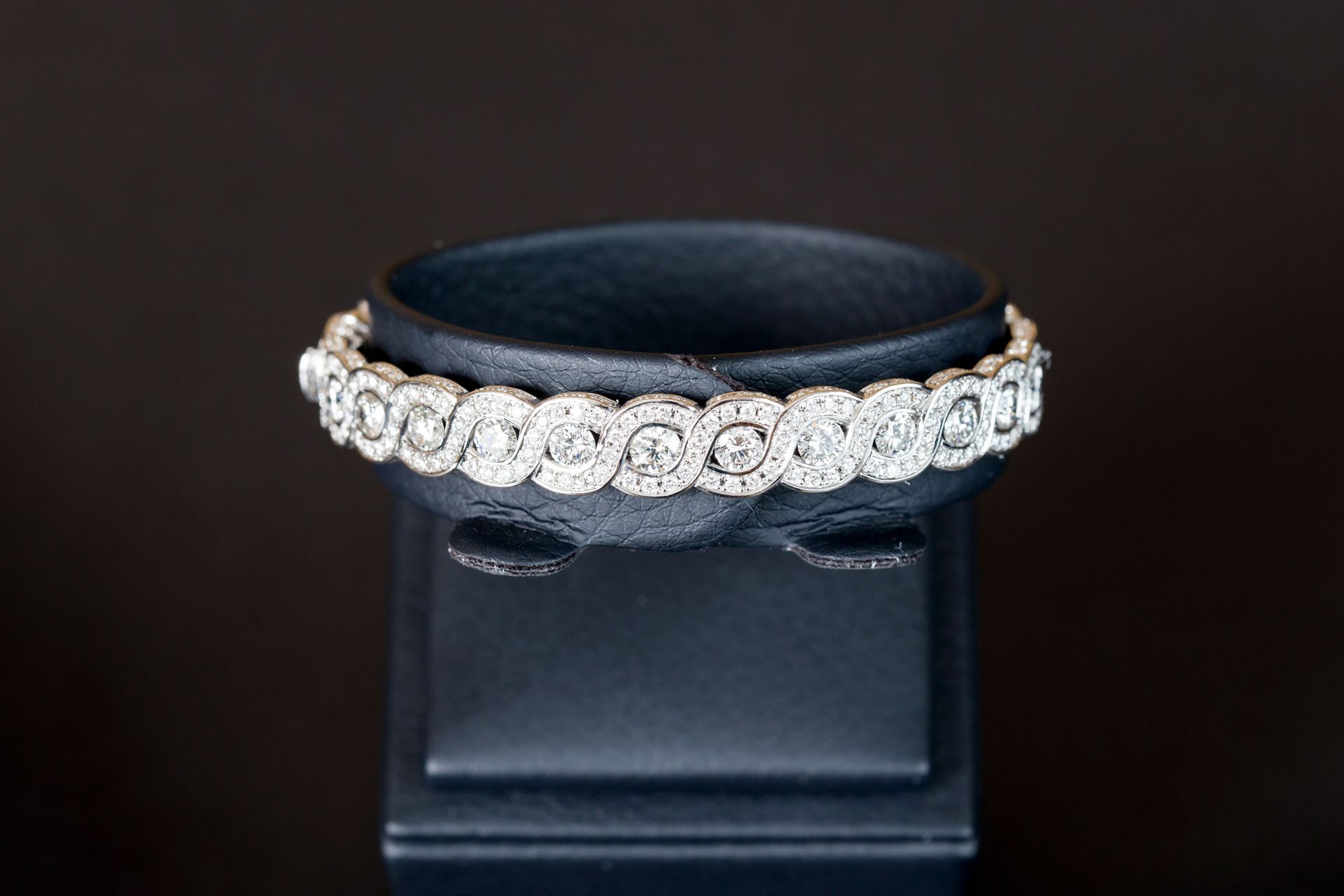
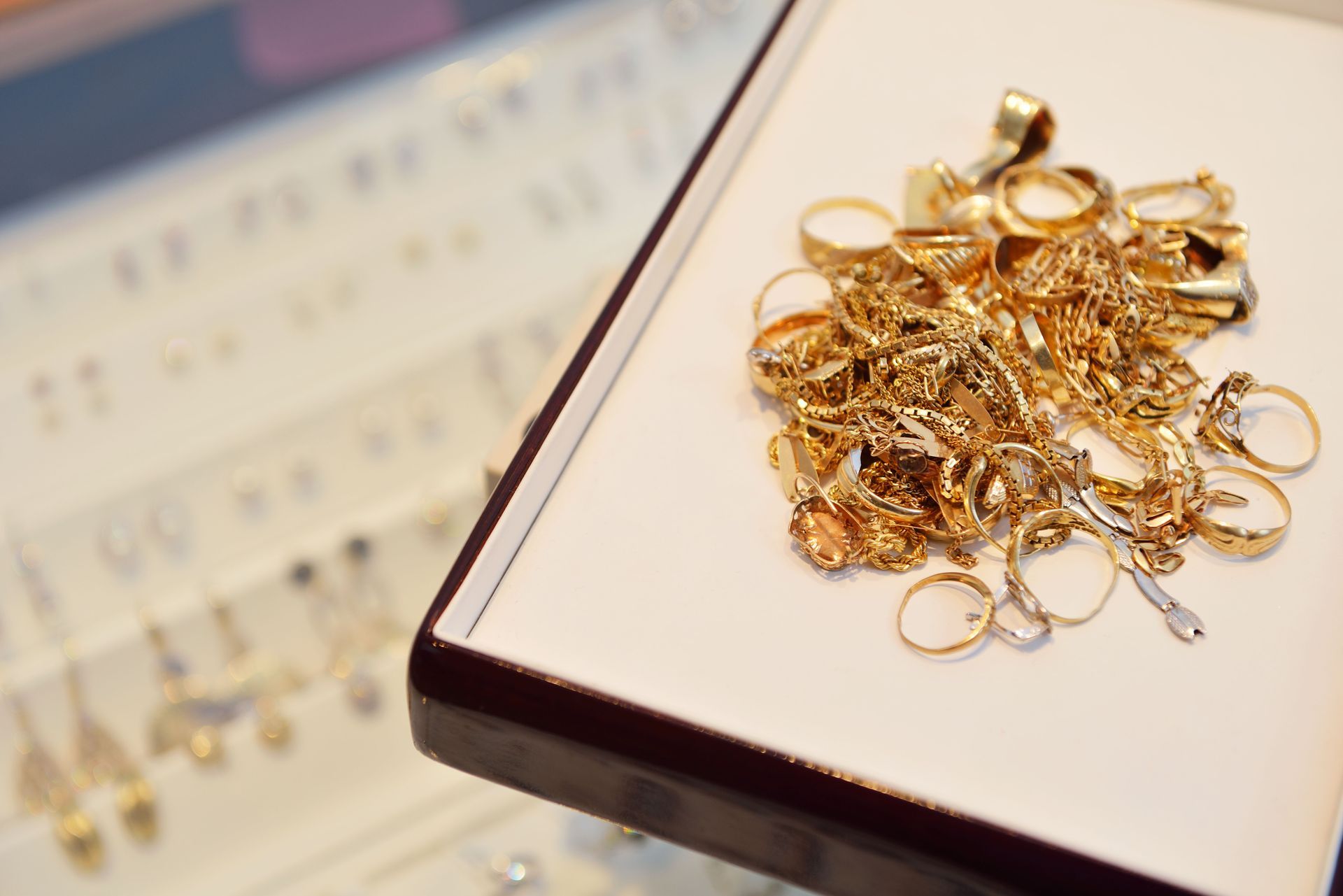
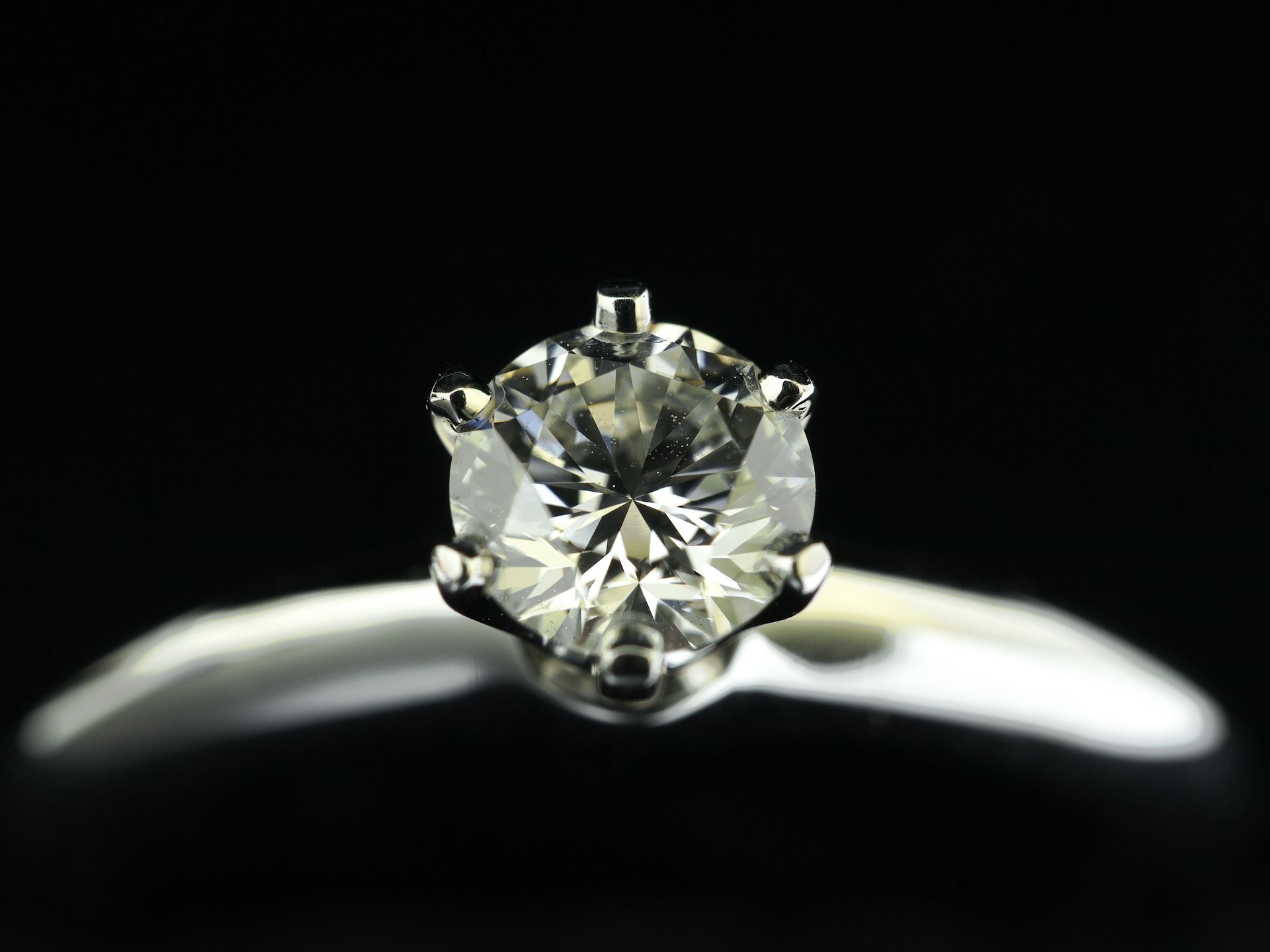
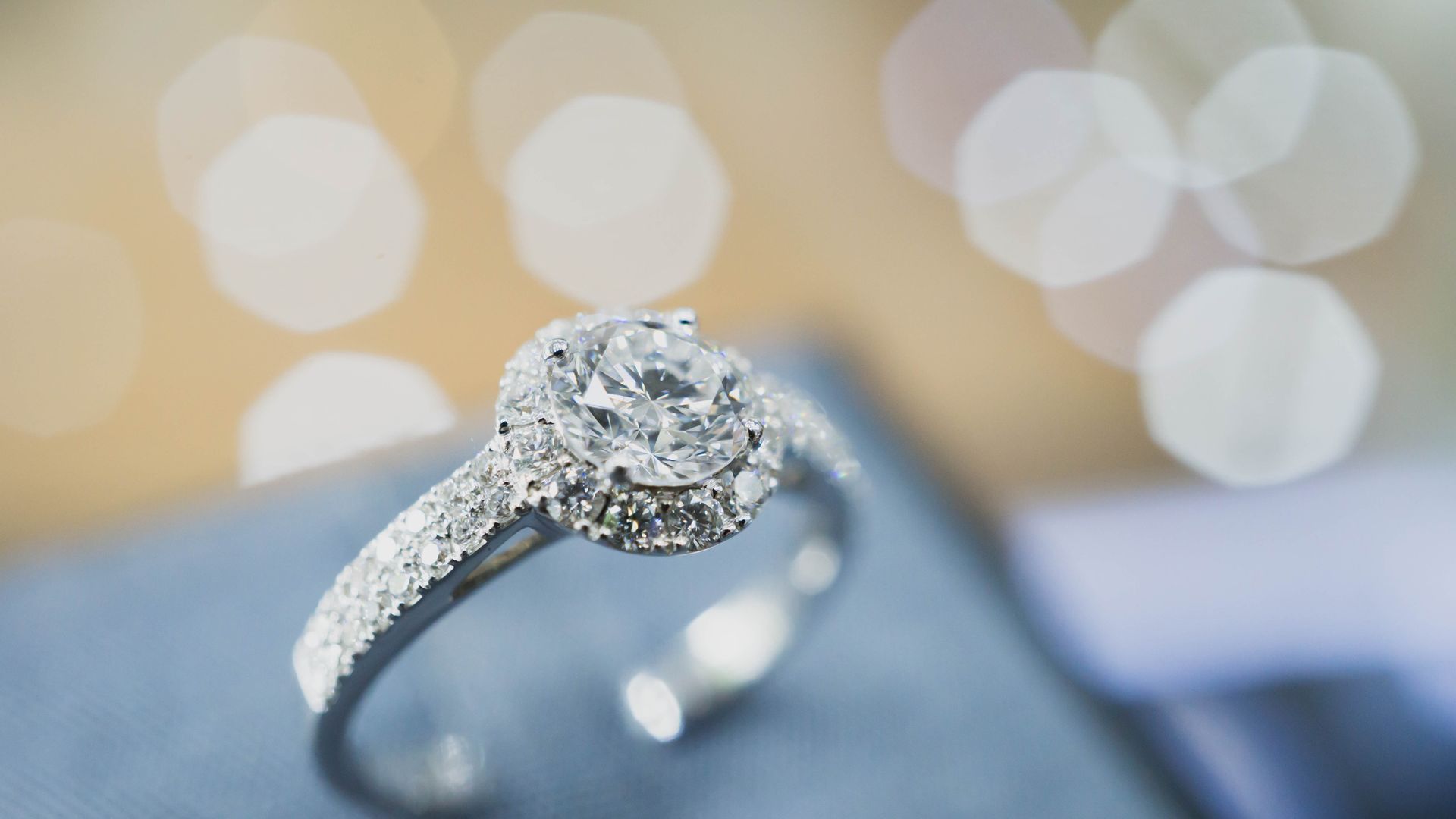
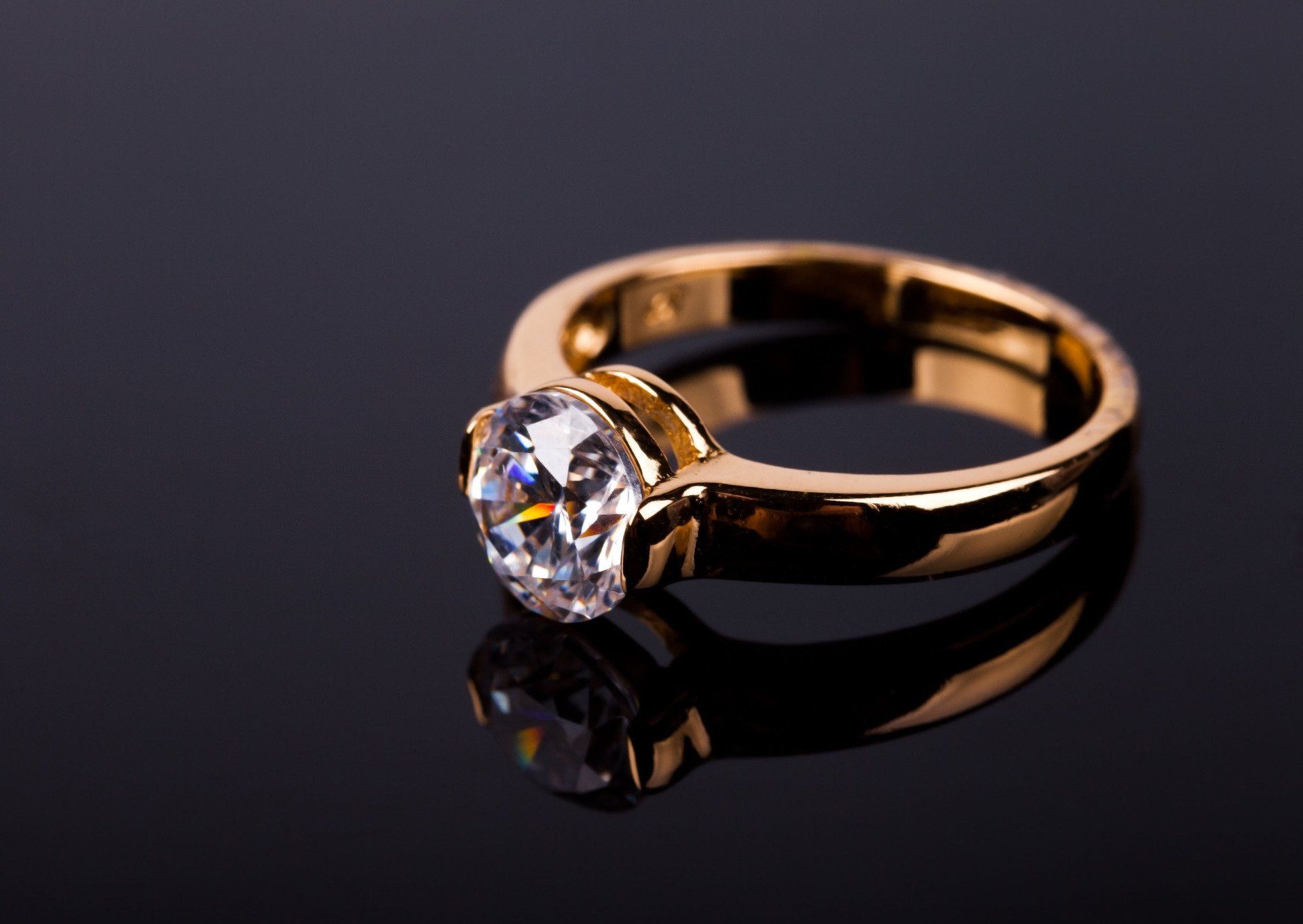
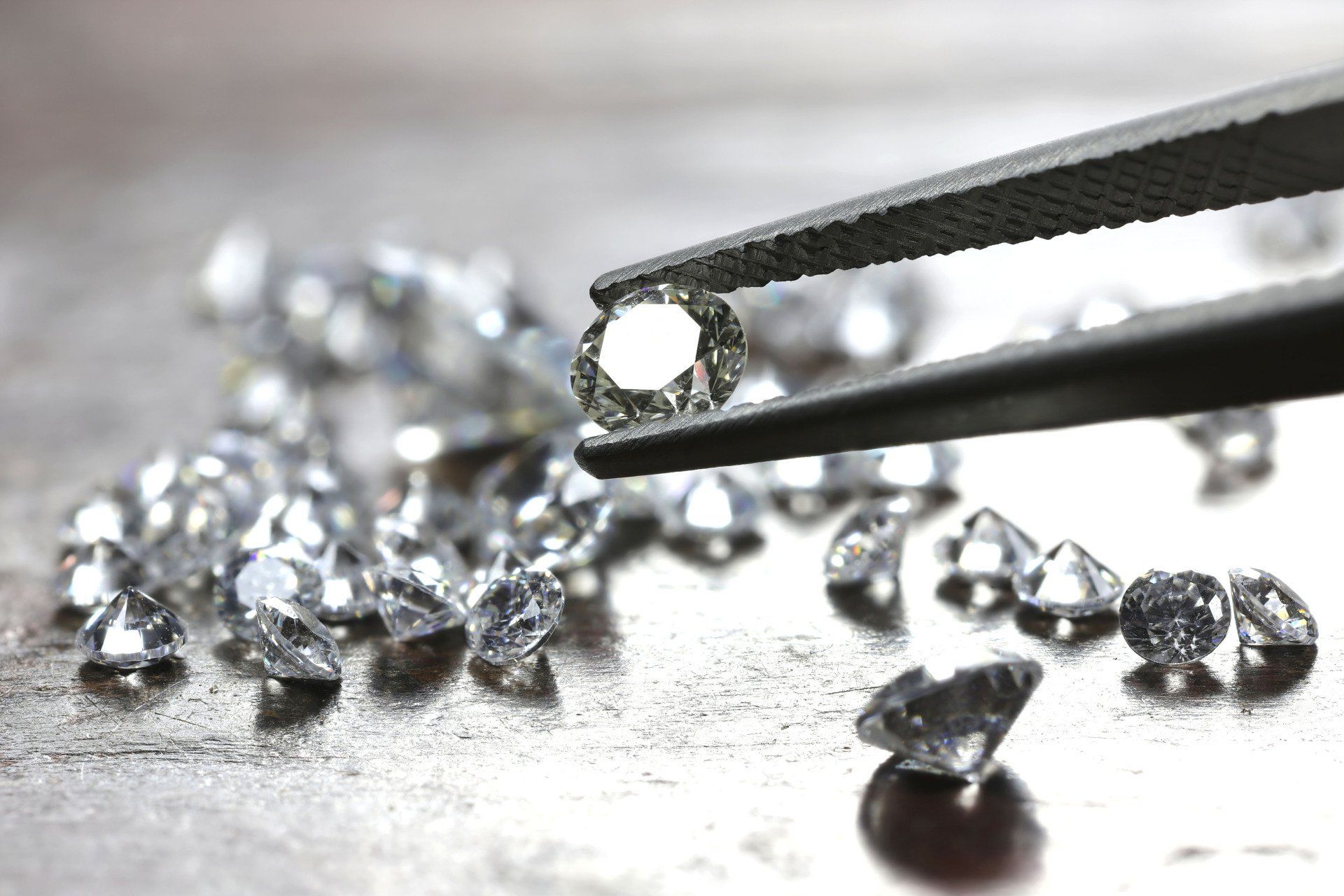
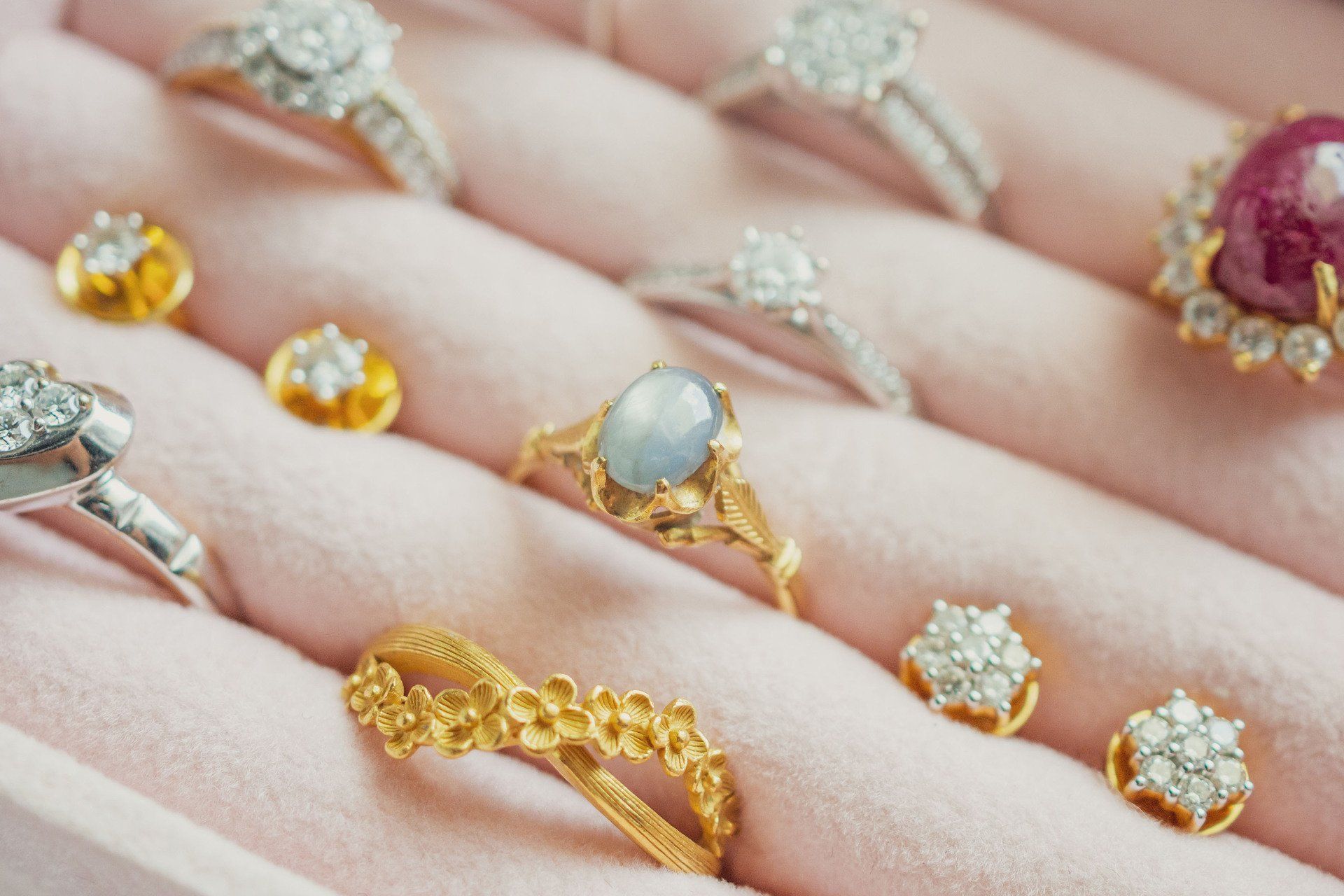
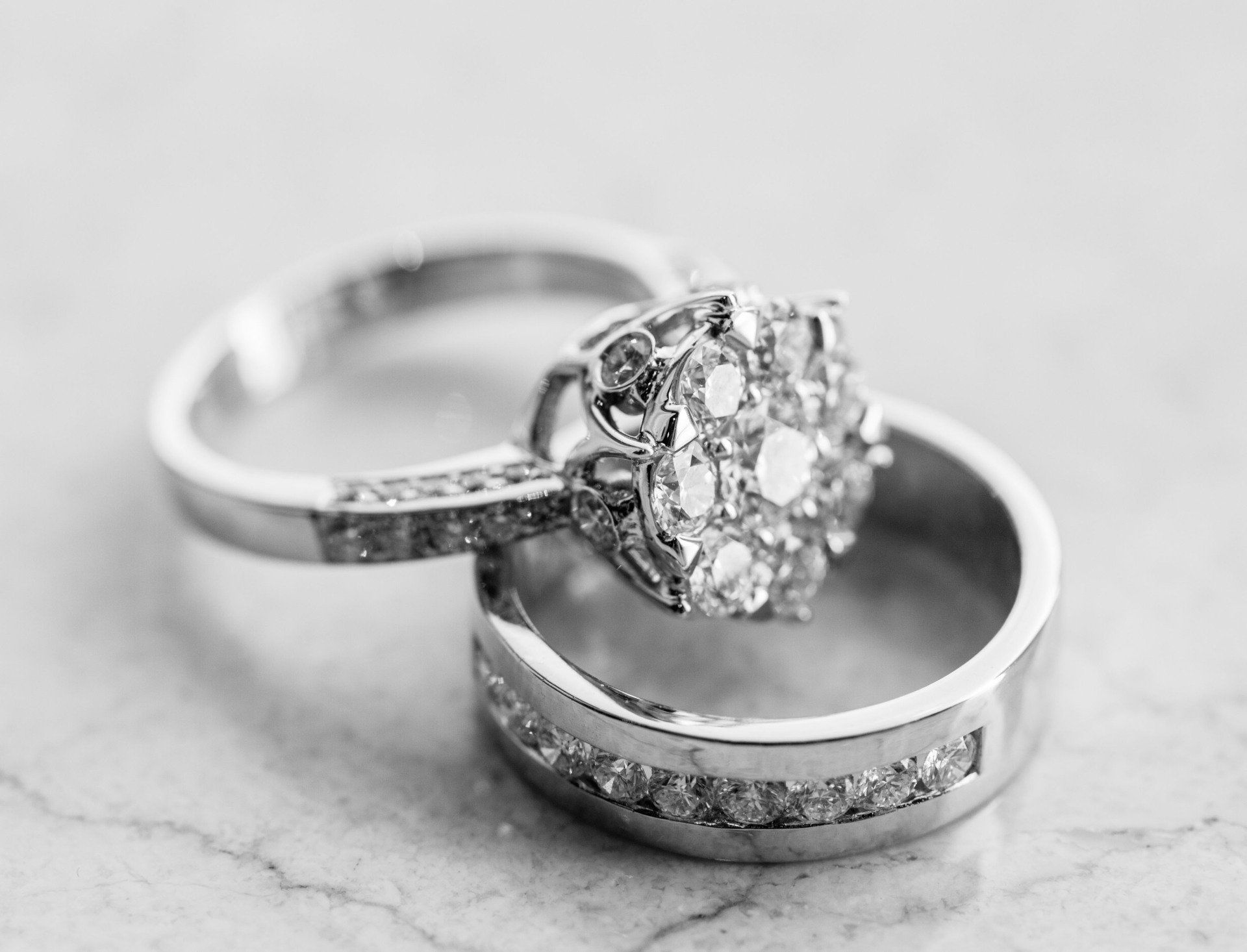
Share On: